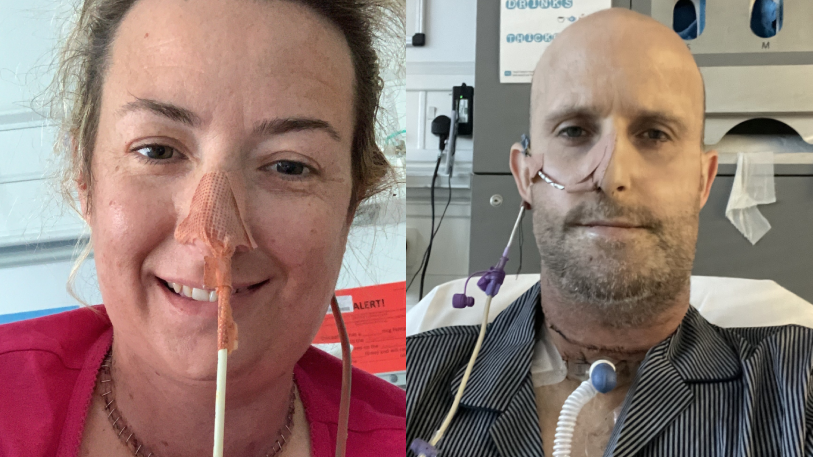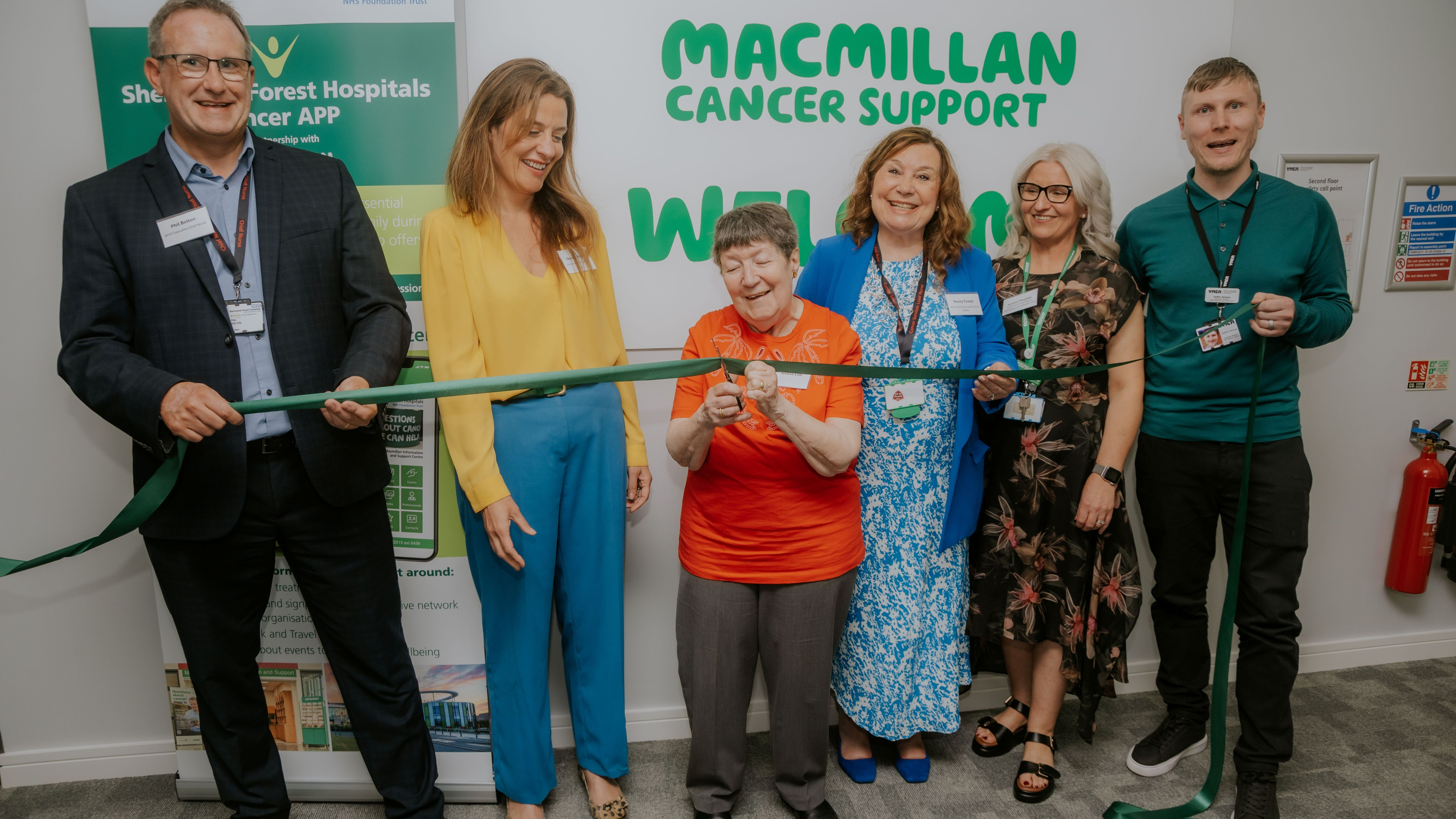What does the 10 Year Health Plan mean for people with cancer?
Last week, we watched the Government deliver its 10 Year Health Plan on the eve of the NHS’ 77th birthday. Joni Jabbal, Head of National Systems Change at Macmillan reflects on what it means for people with cancer.
The 10 Year Health Plan
On July 3, the Prime Minister launched the government’s long-awaited 10 Year Health Plan, outlining a vision to “bring the NHS closer to home.”
The challenges facing the NHS are well rehearsed, and as Lord Darzi concluded in his independent review of the NHS in 2024, the NHS ‘is in a critical condition’. This Plan is the Government’s roadmap to reset the NHS and fundamentally alter the path it is on.
But what does it mean for almost 3.5 million people currently living with cancer in the UK? In this blog, I share my three main takeaways from the 10 Year Health Plan.
Moving care to a ‘Neighbourhood Health Service’
First, there’s much to welcome here, not least a clear focus on reducing inequities, improving ‘patient power’, and moving care closer to home towards a ‘Neighbourhood Health Service’. This is an area we have been pioneering for a long time, for example through our work in Glasgow.
Improving the Cancer Journey (ICJ) Glasgow was the first supportive cancer service of its kind in the UK, which was pioneered by Macmillan. The programme is a multi-agency, collaborative model of integrated care across health, social care and the voluntary sector, which utilises community assets to provide holistic support to people living with cancer. We’re excited to see much more of this kind of work rolled out across England.
The focus on mechanisms to improve patient experience and outcomes, is a welcome one – patient feedback is a crucial part of the tapestry to improve cancer treatment services. Macmillan strongly supports efforts to embed patient voice more deeply into the health system. We have long advocated for the collection of meaningful, comparable experience data and are pleased to see this reflected in the Plan.
However, we also know that collecting feedback is not the same as acting on it. Real change will depend on a shift in culture across health and care organisations towards designing services with patients, not just for them.
Here at Macmillan Cancer Support, we have unique capabilities, experience and understanding of how to co-design patient feedback tools with those most affected in a way that builds patient power. The commitment to offer care plans to 95% of those with complex needs by 2027 which will be “co-created with patients and cover their holistic needs, not just their treatment”, is a positive signal about the future of holistic needs assessments and care planning spearheaded by Macmillan.
Recognising the voluntary sector
Second, it’s good to see the Government recognising the role of the voluntary sector in enabling radical change. On its own, the NHS cannot meet growing demand, the complex needs of those living with cancer and other long-term conditions, and it cannot tackle grossly unjust (and widening) inequalities we see in access, experience and outcomes for some population groups living with cancer.
Organisations like Macmillan have a unique role in working with the NHS, local government and others to deliver more efficient and coordinated care for people with cancer. Macmillan have been working on a model of social investment with partners at neighbourhood level to find solutions to the current funding challenge. Social investment is a well-established model in parts of the public sector and in the context of health, offers a proven and scalable approach to shifting care from acute settings to the community, improving patient outcomes, and delivering value for money for the system.
Implementation is the real test
Finally, the vision may be right, but the implementation of the 10 Year Plan and indeed of neighbourhood health will be the real test. Funding and workforce shortages pose a challenge and will need to be dealt with before we unlock the potential for a ‘Neighbourhood Health Service’ to shift the pattern of health spending away from hospitals and give proportionally greater investment to out-of-hospital care.
Current funding models are a major barrier to the neighbourhood health model, prioritising short term spend through established delivery channels and leaving patients trapped in a cycle of hospital-based, reactive care with poor outcomes. Transformation funding is often top-down, short-term and non-recurrent, hindering the development of robust community-based solutions crucial for thriving neighbourhood health.
The role we can play
Fundamentally, we know that people with cancer deserve better. They have often been left frustrated and exhausted from navigating between different health and care providers for their care, endlessly repeating themselves, then having to deal with poor ‘admin’ which sees them receiving letters for appointments after the fact. This Plan promises real change, not just ‘tinkering’, and it must deliver it.There is so much more to cover, and these are just some initial reflections. Many of us here at Macmillan will be spending the next weeks and months digesting the plan in greater detail and making the case for the role we can play, as genuine and equal partners in transforming the NHS.
Read more
-
News and stories 03 Sep 2025Anthony Cunliffe, National Lead Medical Adviser at Macmillan, explains why more needs to be done to make cancer care fair.
-
News and stories 02 Jul 2025Gemma Peters, our Chief Executive, reflects on the first six months of 2025 and our ambitious new strategy coming to life.
-
News and stories 21 Jan 2025As the number of people living with cancer in the UK rises to almost 3.5 million, change is urgently needed to improve cancer services and address the unacceptable gaps in experiences.






